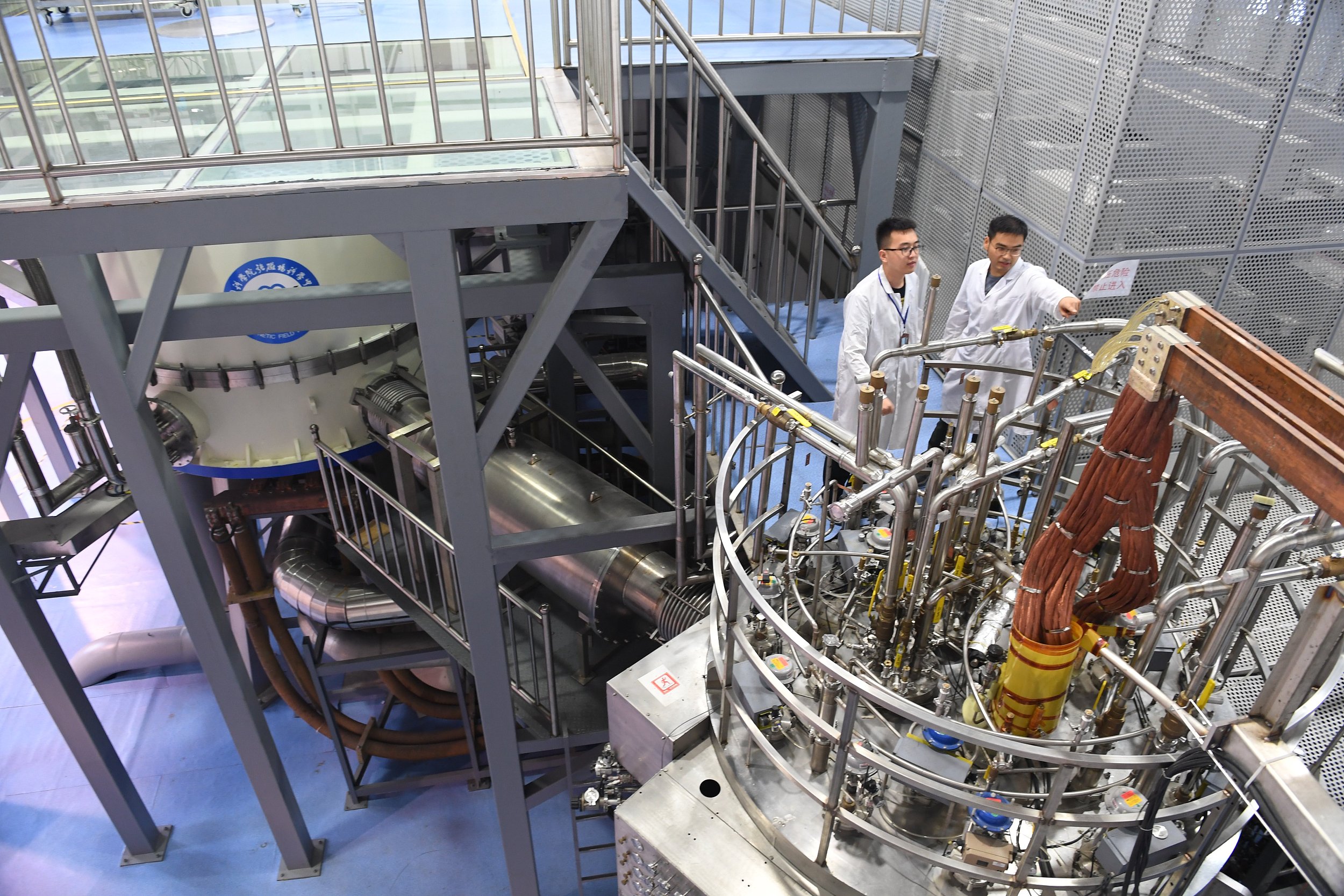Coordination Efforts to Achieve Emission Cut Target
By LI Linxu
China has rolled out a new policy that will further coordinate its efforts to cut carbon emission and reduce pollution.
Coordinated innovation among regions, cities, industrial parks and enterprises will be promoted in this regard, according to an implementation plan jointly released by seven government bodies including the Ministry of Ecology and Environment (MEE).
By 2025, a batch of replicable experiences in key regions and sectors will be obtained, with green and low-carbon development producing notable results, according to the policy. And by 2030, the synergy of these efforts will be greatly boosted, making contribution to the country's target of carbon peaking.
Last year, China's carbon dioxide emissions per unit of GDP dropped by 50.3 percent from 2005, said Zhao Yingmin, vice minister of ecology and environment, on National Low-carbon Day.
A molten salt tower solar thermal power station in Yumen city, Gansu province. (PHOTO: XINHUA)
As an important part of policy framework for carbon peaking and carbon neutrality, the plan has integrated the goals of emission cut and pollution reduction by 2025 and 2030 in areas such as air, water, soil, solid waste and greenhouse gases, said an official from MEE.
To achieve these goals, the plan sets out a series of tasks and measures, such as strengthening coordination in source control, environment governance, and green development.
It proposes enhancing the guiding role of ecological environment improvement in the energy and industrial layout, and continuously upgrading energy mix through increasing the proportion of non-fossil fuels.
Non-fossil energy accounted for 16.6 percent of China's total energy consumption in 2021, and is expected to rise up to 20 percent by 2025, according to the National Energy Administration.
Renewables such as wind, solar, biomass, marine and geothermal energy are developing fast in China and are forecast to play an ever-increasing role in green and low-carbon transition.
Research and application on coordinated control technologies will be strengthened, said the policy, adding that a batch of key labs will be built and a number of major innovation projects will be implemented.
International cooperation is also highlighted in the policy, calling for actively participating in global climate and environment governance, and carrying out practical cooperation on green, low-carbon technologies.



